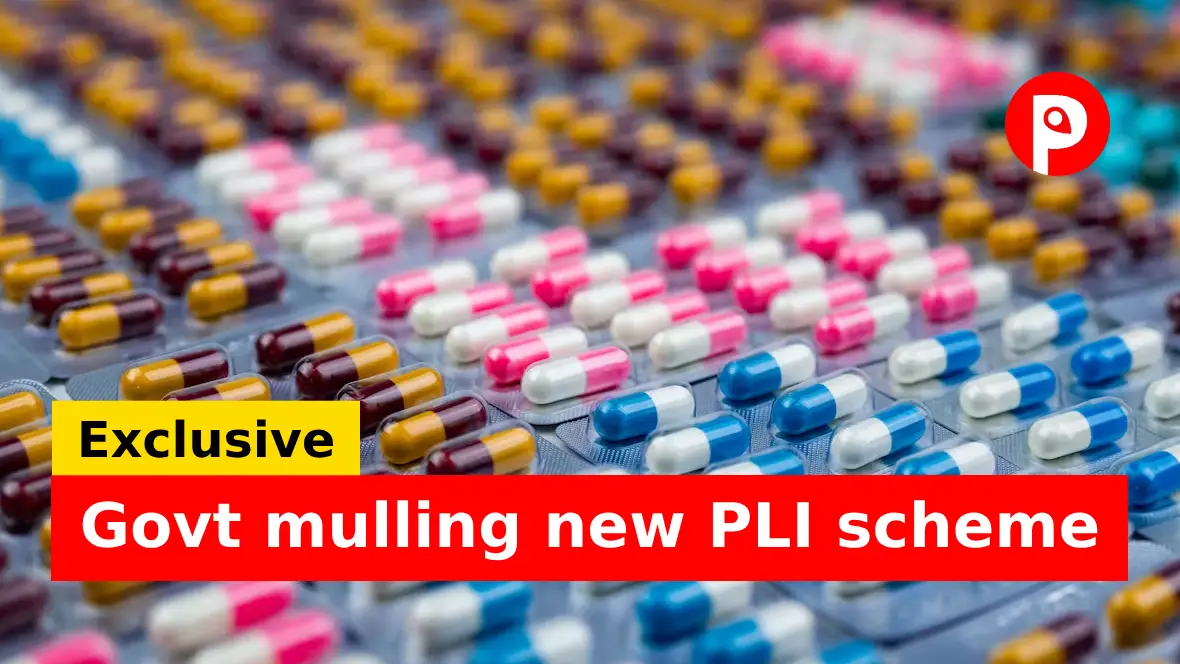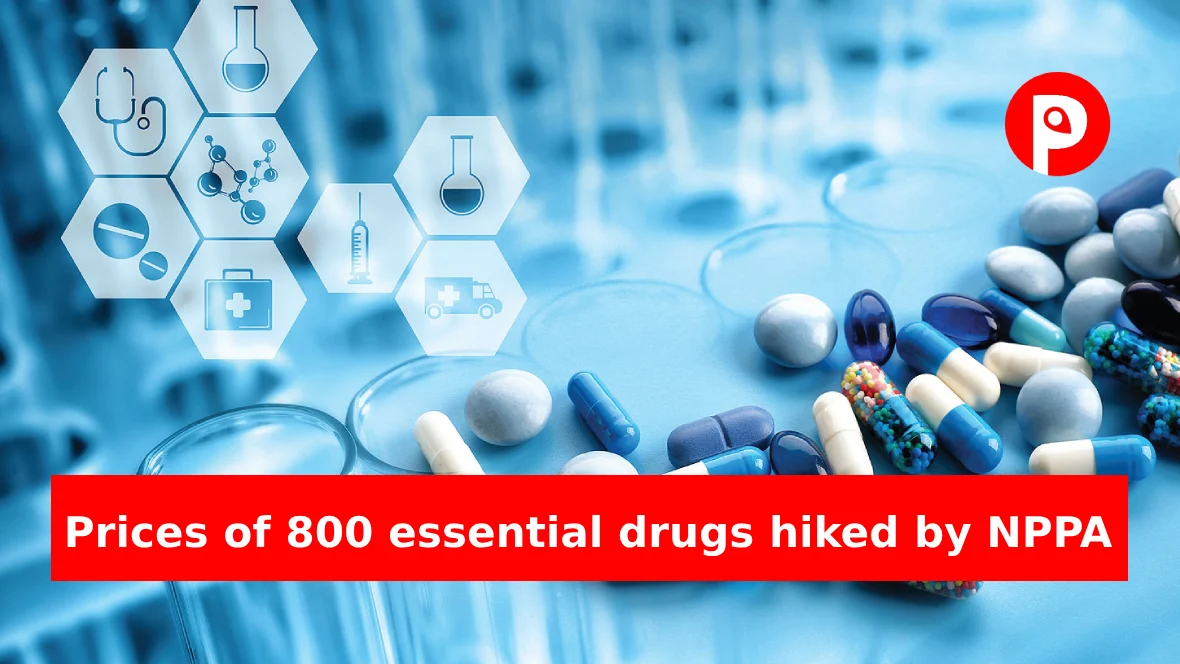Source: Money Control
The government is mulling over introducing a new production-linked incentive (PLI) scheme for the pharmaceutical sector to boost the production of key chemicals critical to the manufacture of active pharmaceutical ingredients (APIs). In doing so, it aims to reduce Indian companies’ dependence on China for such supplies, sources told Moneycontrol.
“The entire value chain of pharma is not covered under the current PLI due to which these input chemicals are still imported in bulk from China,” a person familiar with the development told Moneycontrol.
India’s dependency on Chinese pharma imports is at 55-66 percent, and is expected to remain high in the coming years, according to a report by rating agency CareEdge.
“The new PLI may come only after the formation of the new government and may be a part of the next Union Budget,” he said.
According to a Care Ratings report, imports of bulk drugs from China have been soaring in terms of both value and volume, growing 64 and 62 percent in FY14, and by 71 and 75 per cent in FY23, respectively. In FY14, $2.1 billion pharma imports were from China which increased to $2.6 billion in FY19 and further rose to $3.4 billion in FY23.
“China’s unit costs for manufacturing these chemicals is very low, due to which Indian manufacturers import them for manufacture of APIs. Also, these chemicals are highly polluting. The government may also look at modifying the current PLI scheme in pharmaceuticals to include these chemicals under its scope,” the source said.
The pharma PLI does not cover the entire supply chain, which has raised questions, a senior government official had earlier told Moneycontrol.
Under the existing pharma PLI scheme, incentives are given to the industry for manufacturing key starting materials, drug intermediates and APIs locally. “But China has reduced prices on the chemicals that are the inputs for APIs. Other manufacturers (which are not part of the PLI scheme) are able to match the API cost because they are importing chemicals from China,” he had said.
Relying heavily on a single country for crucial pharmaceutical ingredients poses a risk to India’s pharmaceutical industry, as disruptions in the supply chain can lead to shortages and production delays.











